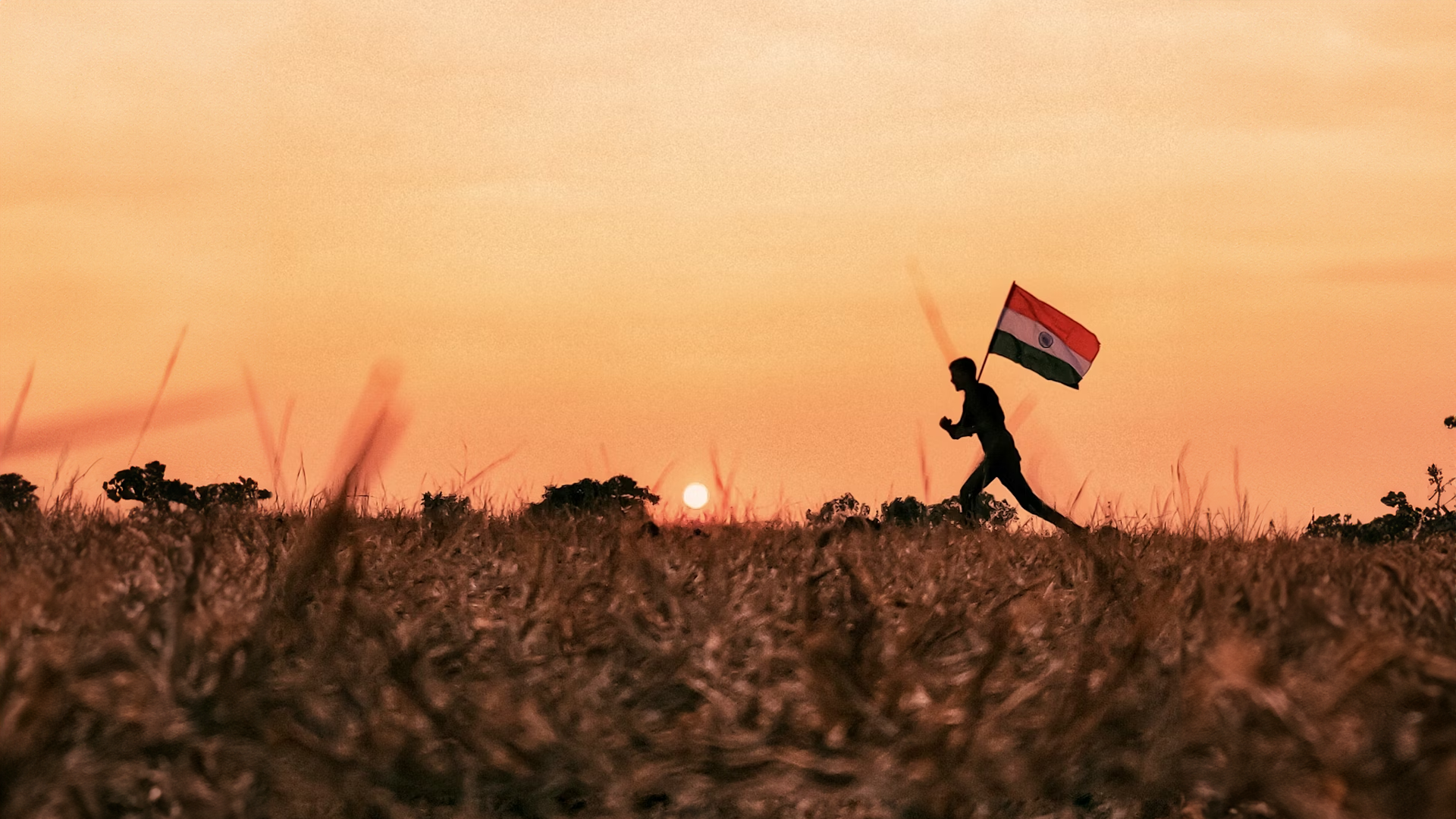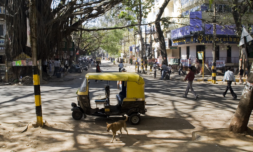The recent gang assault of a Spanish vlogger in Jharkhand, India, is an alarming wake up call. India can no longer deny its sexual violence issue and must collectively work towards a solution.
TW: This article contains detailed descriptions of sexual assault and violence. Reader discretion is advised.
Earlier this month, a Spanish travel vlogger’s dream of exploring India turned into an unimaginable nightmare. In Jharkhand’s Dumka district, seven men allegedly threatened her with a dagger, kicked, punched, and repeatedly raped her over two and a half traumatic hours.
“My face looks like this, but it’s not what hurts me the most. I thought we were going to die,” the 28-year-old survivor said in a video statement.
As details of the Dumka gang-rape emerge, they cast a pall over India’s global image. Foreign media has rightly highlighted India’s grim sexual violence statistics – an average of nearly 90 rapes reported daily in 2021, per the National Crime Records Bureau.
Yet, this is likely just the tip of the iceberg, with countless cases shrouded in societal stigma.
The incident draws parallels with the 2012 Nirbhaya case that sparked nationwide protests and reforms, including the death penalty for rape.
However, conviction rates remain dismally low, with cases languishing for years in India’s overburdened judicial system. The frequency of such crimes, coupled with the lack of effective implementation of laws and societal change, underscores a systemic failure to protect women.
A disturbing pattern and societal denial
Tragically, the Dumka survivor’s ordeal is part of an unsettling pattern of sexual violence targeting foreign nationals in India.
In 2019 alone, the Indian government reported 36 cases of rape/sexual assault against foreigners, as per Reuters data. Countless more likely went unreported.
“To deny that India has [this] problem is to deny all of our lived experiences,” said Madhura Rao, a food systems scholar who grew up deeply distrusting men in Indian public spaces due to pervasive harassment.
Sohni Chakrabarti, an academic, echoed this, writing; “I don’t know a single woman who has not faced some form of harassment or worse while in India.”
Yet, instead of introspection, certain voices have sought to dismiss or deny these disturbing accounts.
Rekha Sharma, chairperson of the National Commission for Women (NCW), lashed out at writer David Josef Volodzko for sharing observations about the “level of sexual aggression” he witnessed in India, accusing him of “defaming the whole country.”
Such responses are emblematic of the issue – a reluctance to acknowledge the deeply rooted problem of sexual violence and misogyny. Dismissing lived experiences as “defamation” hinders effective solutions.
Gender-based violence is often viewed as solely a women’s issue rather than a broader societal concern in India, hindering implementation of measures to address it, notes activist Amba Daruwalla.
“We have seen some positive changes, particularly in media representation of women. However, ensuring women’s safety remains a significant challenge, particularly in communities where cultural norms restrict women’s mobility,” she said.
Activists cite the glaring lack of comprehensive data as a significant obstacle, with authorities seemingly hesitant or unwilling to acknowledge the full extent of the issue.




















